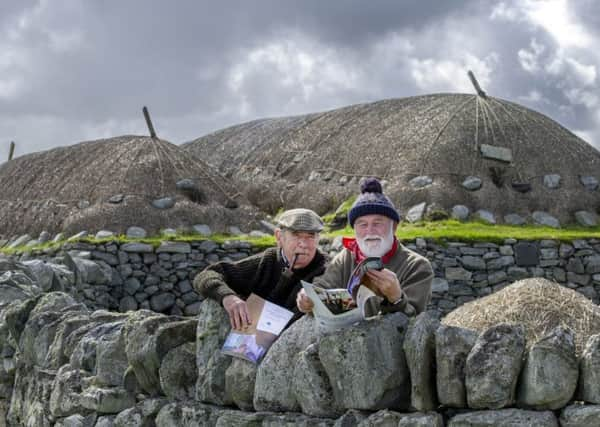Talking up Gaelic at historic sites


This is the first five-year Gaelic Language Plan developed by HES and takes into consideration feedback received from stakeholders, partner organisations and the public.
During the 12-week consultation, over 200 people engaged with the heritage body on the plan.
Advertisement
Hide AdAdvertisement
Hide AdHES aims to acknowledge and promote Gaelic language and culture as an important and valuable part of Scotland’s historic environment.
Gaelic speakers, or those with an interest in Gaelic, are being invited to develop and deliver bespoke tours for visitors to the historic sites.
This forms part of HES’ commitment to show the influence of Gaelic culture on Scotland’s history and living heritage through its visitor experiences.
Alex Paterson, Chief Executive of Historic Environment Scotland, said: “Gaelic is a distinct and unique part of Scotland’s history and culture which attracts visitors from all over the world, contributing significantly to Scotland’s economy. Currently, there is Gaelic interpretation at 29 of our sites throughout the country, from Glasgow to Aberdeenshire and the Isle of Lewis, which shows the extent of Gaelic’s influence on Scotland’s heritage and its relevance to our historic environment.
Advertisement
Hide AdAdvertisement
Hide Ad“Due to an increase in volunteers, we are currently developing and expanding our wider volunteer programme.
“This new opportunity at Arnol Blackhouse will help us continue to support volunteers across the country and empower communities and partners to engage with projects that promote the value of Gaelic culture to Scotland’s past and present.”